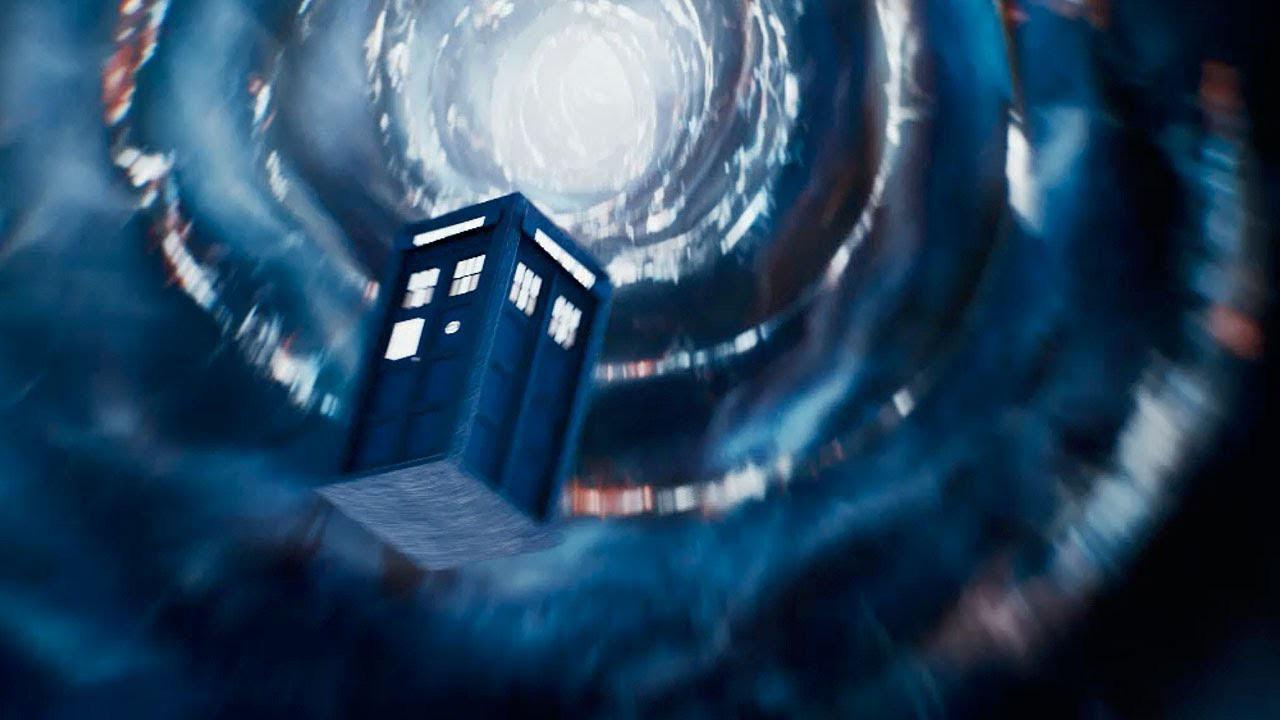Don’t Make Me Go opens with a warning. “You’re not gonna like the way this story ends,” a voiceover says, “but I think you’re going to like the story.” In the moment, it feels like both a defense and a dare: You can’t say the movie didn’t warn you that you’d be let down by its choices, but also, don’t you kind of want to stick around and see what they’re talking about?
Unfortunately, what it actually turned out to be, at least in my case, was just an accurate prediction. For most of its 110-minute run time, Don’t Make Me Go is a solidly likable drama, anchored by lovely, lived-in chemistry between John Cho and Mia Isaac as a father-daughter duo. But a misguided third-act choice throws off its bittersweet vibe, leaving a distinctly sour aftertaste.
Don’t Make Me Go
The Bottom Line
A bittersweet drama undone by a sour twist.
On paper, Don’t Make Me Go sounds designed to wring tears. Max (Cho), who’s long suffered from intense headaches, discovers they’re the result of a fatal bone cancer that leaves him with just one year left to live. Rather than tell Wally (Isaac) the news right away, he talks her into a cross-country road trip from California to his college reunion in Louisiana. The idea is for him to make some last memories with Wally, impart a few final life lessons and, he secretly hopes, reunite her with the mother, Nicole (Jen Van Epps), who left when she was just a baby.
But Don’t Make Me Go breezes along for the most part, drawing gentle humor from the characters themselves and the steadying relationship between them: Max’s ancient car Jerry, Wally jokes, has the last name Atric — get it? Though Max’s imminent death gives their journey (shot with sun-dappled warmth by director Hannah Marks) an extra edge of emotion, Vera Herbert’s screenplay mostly avoids ponderous foreshadowing — give or take a scene of an oblivious Wally gushing that watching a meteor shower on a clear Texas night is something Max should definitely do before he dies.
Cho, who did the concerned-father thing to such moving effect in Searching, slips comfortably into the role of Max. The character’s boring-dad persona expands to take on new layers as he revisits old grudges and reveals buried truths, and Cho synthesizes them all into a single complex character. Isaac meets his sweetness with her own livelier take, and what shines through in their scenes together is an unassailable sense of affection, even when they get caught up in the usual teenage arguments about parties or college. It’s simply nice to spend long minutes riding along as they take photos by roadside attractions or sing along to Iggy Pop on the radio, if also a little stereotypically Sundance-y.
Much of Don’t Make Me Go revolves around that late-adolescent process of realizing that parents are people too. As Wally accompanies Max to his reunion, she starts to see her dad in a new light through stories about his thwarted talent for music or his youthful tattoo-related follies — or, in one dramatic moment, an unexpected act of payback. But the reassessment doesn’t go both ways. Wally is not afforded quite the same depth of character that he is, and her life outside her relationship with her dad largely consists of a halfhearted crush on a boy (Otis Dhanji) who’s more interested in his video games.
With Max growing more complicated while Wally does not, Don’t Make Me Go starts to look like nothing so much as an exaggerated fantasy of parenthood. Max’s diagnosis is undeniably sad, but it’s deployed as a more extreme version of any parent’s anxieties about not being able to teach their kids everything they need to know before they go off on their own, or their anticipated regrets about missing out on future milestones; there’s little sense of the specific physical or emotional or logistical challenges that might accompany a yearlong decline to death.
When Max’s secrets inevitably come tumbling out, the ensuing confrontation sounds less like an emotional outburst between a teenager and her dad, and more like a parent’s fantasy of all the frustrations they’ve imagined expressing to their kid, and all the sentimentalities they wish they’d hear back in turn.
However, it’s the final twist that reaffirms once and for all that this is really a story about Max, more so than about Wally or even about their bond. With more careful plotting, perhaps it could have deepened the story and its ideas about the unpredictability of life. Don’t Make Me Go doesn’t give itself enough time to reckon with its disruptive force, though, and instead resorts to reminding you that you knew what you were getting into. “So maybe you’re not sold on this story being okay. Whatever. That’s up to you,” the narration says, and that’s fair enough. But for my part, if the moral of this story is meant to be about making the most of our limited time on earth, it’s hard to see Don’t Make Me Go as the most ideal use of it.

























































